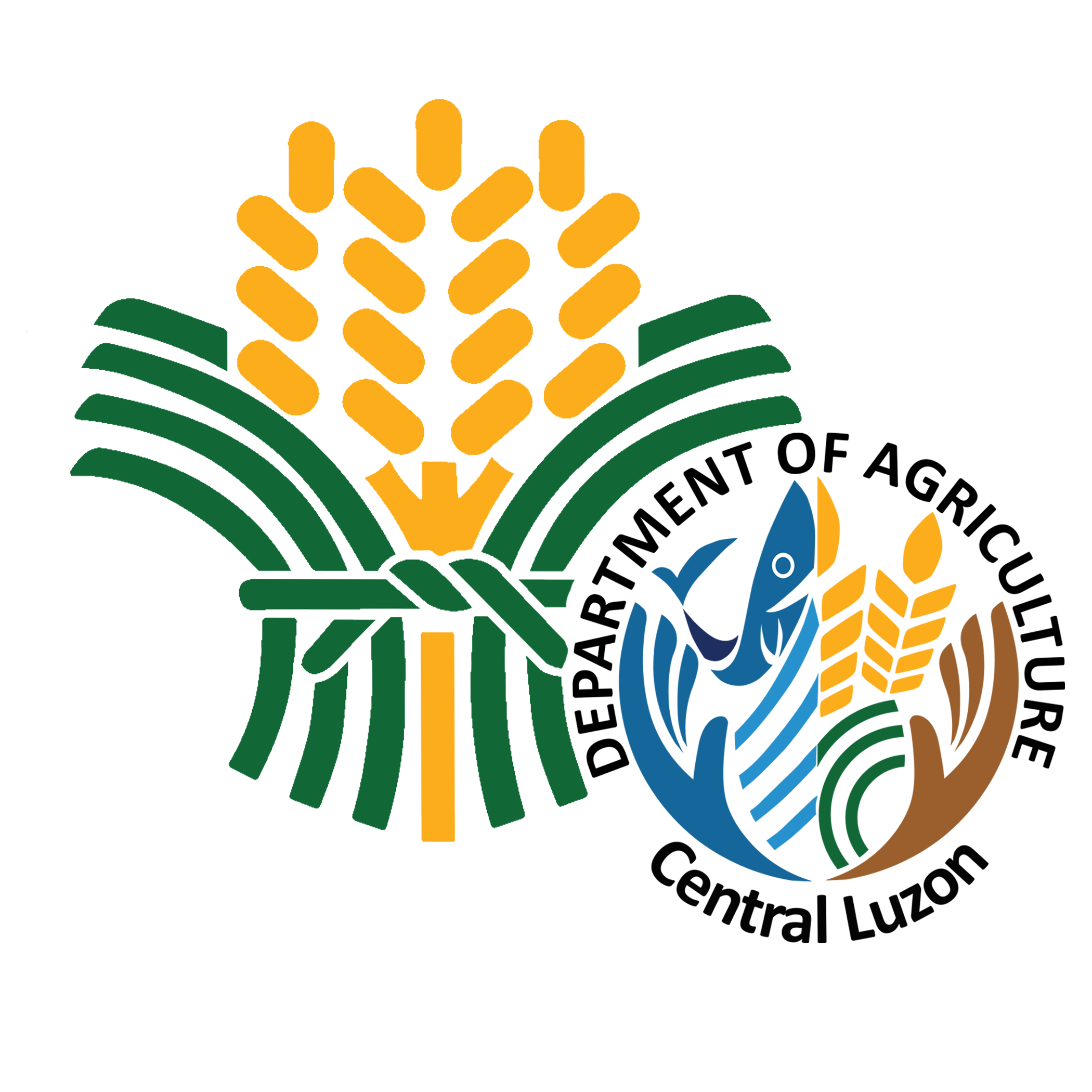ORGANIC AGRICULTURE PROGRAM IN CENTRAL LUZON
Organic Agriculture (OA) as defined in Philippine Organic Agriculture Act of 2010 or RA 10068 includes all agricultural systems that promote the ecologically sound, socially acceptable, economically viable and technically feasible production of food and fibers. It dramatically reduces external inputs by refraining from the use of chemical fertilizers, pesticides and pharmaceuticals. Organic refers to the particular farming and processing system, described in the standards and not in the classical chemical sense. The term “organic” is synonymous in other languages to “biological” or “ecological”. It is also a labeling term that denotes products considered organic based on the Philippine National Standards for organic agriculture.
The Department of Agriculture (DA) takes the lead in implementing the National Organic Agriculture Program spearheaded by the National Organic Agriculture Board (NOAB) through the cooperation of various stakeholders of the organic industry, relevant national government agencies, non-government organizations, civil society and people’s organizations. The program serves as the guide for the implementation of OA activities under DA and its implementing units. The NOAP envisions the OA sector contributing to the country’s over-all agricultural growth and development, in terms of sustainability, competitiveness and food security, where at least five percent (5%) of the Philippine agricultural land practice organic farming; and, where consumers both national and international increasingly support Philippine organic food products.
Essentially, the program aims to promote, propagate, further develop and implement the practice of OA in the Philippines towards a competitive and sustainable OA industry that contributes to:
- Better farm incomes and sustainable livelihood. Increased farm productivity, reduced expenses on external farm inputs, better incomes for farmers and reduction of poverty in the rural sector;
- Improved health. Protected health of farmers, consumers and the public in general;
- Environmental protection. Enhanced soil fertility and farm biodiversity, reduced pollution and destruction of the environment as well as prevention of further depletion of natural resources;
- Disaster risk reduction and resilience to Climate Change. Improved resiliency to disaster risks and climate change vulnerabilities caused by human interventions and naturally induced hazards; and
- Social justice. Meeting the basic material needs and improving standard of living for all, upholding human rights, gender equality, labor standards, and the right to self-determination.
Region 03 has already organic agriculture advocates long before the enactment of the law. The MASIPAG (Magsasaka at Siyentipiko Para sa Pag-unlad ng Agrikultura) NGO in Nueva Ecija has been working towards the sustainable use and management of biodiversity through farmers’ control of genetic and biological resources since 1985. Various organic farmers groups were organized and actively support the implementation of NOAP.
As of today, there are 39,466.81 hectares devoted for organic agriculture in the whole region with 7,586 practitioners. All local units continue their efforts in promoting OA technologies to increase the production area and practitioners to attain the vision of the region to be known as the “Organic Agriculture Capital of the Philippines”.
Projects, Services and Activities
- Provision of production inputs: seeds, planting materials, animals, fertilizer and soil ameliorants
- Seminars and trainings on production technologies, Philippine National Standards on Organic Agriculture and Internal Control System
- Assistance on Third Party OA Certification
- Market Development Services: trade fairs, consumer awareness, market days, market matching with existing Organic Trading Posts
- Provision of IEC materials
- Maintenance of Technology Demonstration sites all over the region
- Small-scale Irrigation Projects and Equipment
- Regional Annual Search for Organic Agriculture Achievers
- Annual Regional Organic Agriculture Congress

